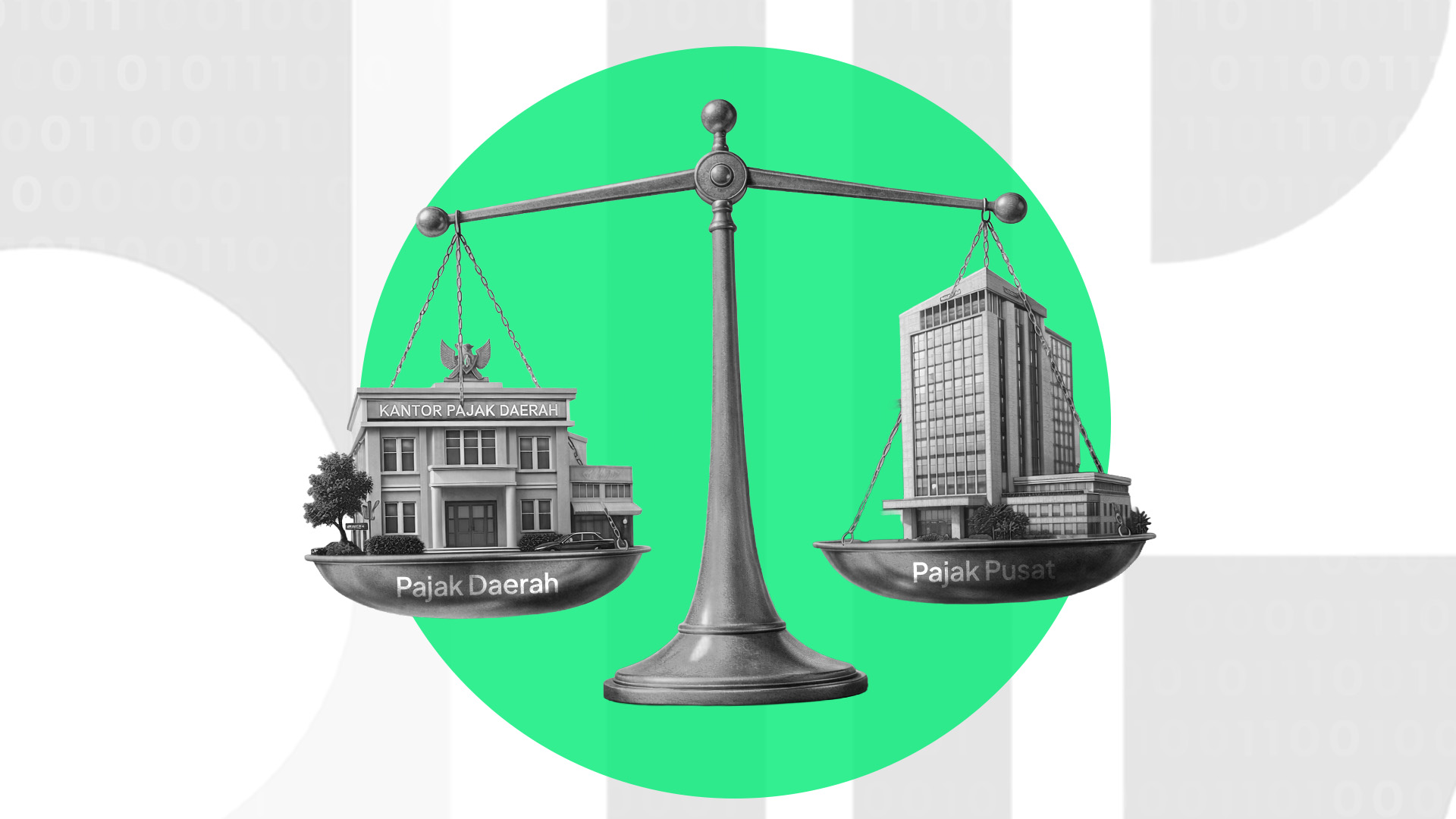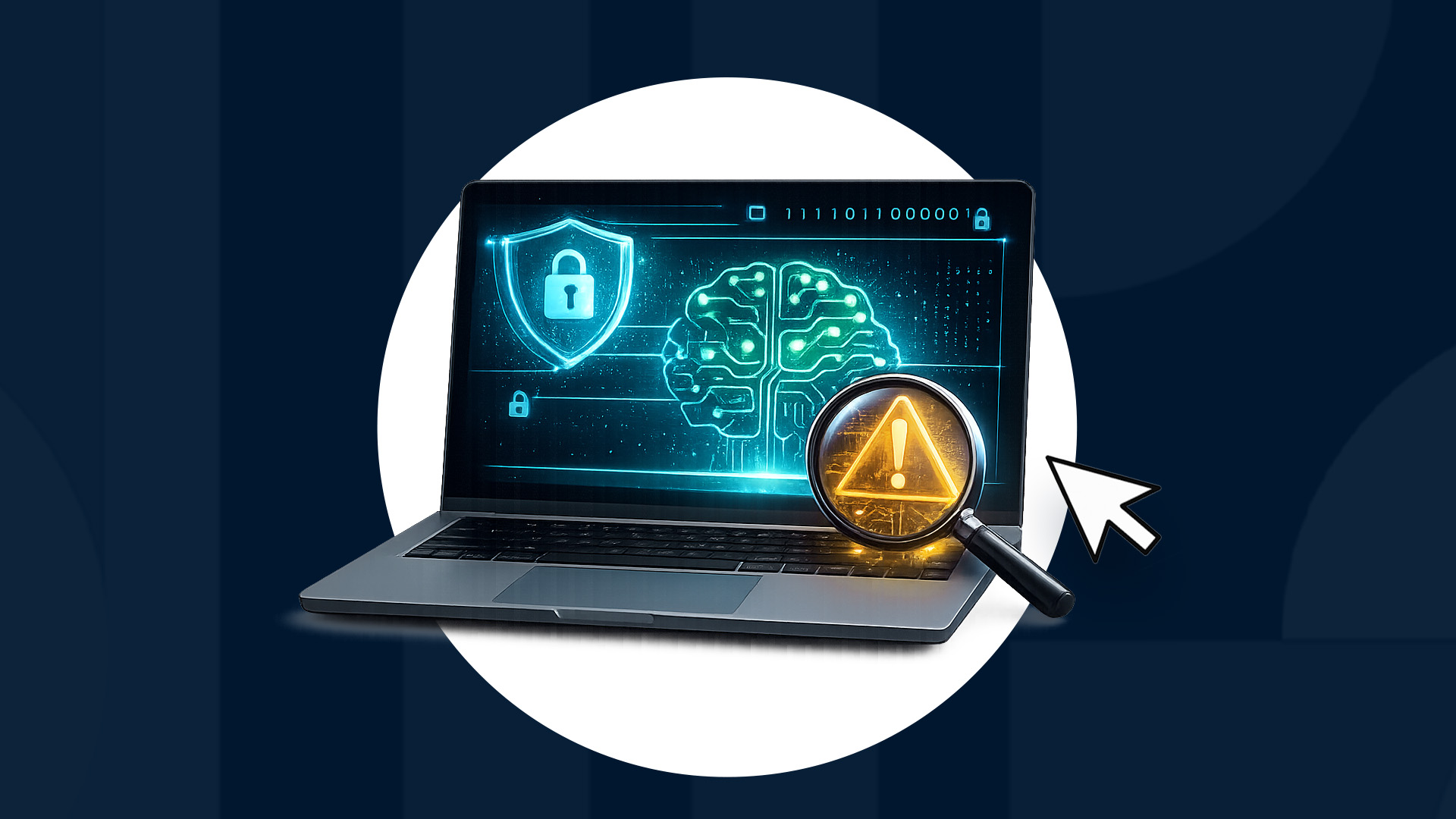The digital era has fostered a digital culture among society. Digital culture is now an integral part of everyday life, encompassing various activities, norms, and practices conducted by individuals or groups when using digital technology.
What is the definition of digital culture? How can we practice wise digital culture, especially related to personal data? Here’s an explanation.
Definition of Digital Culture
Digital culture, also known as digital culture, is a collection of norms, practices, and values that emerge alongside the use of digital technology in daily life. This culture includes various aspects, from how we communicate, work, to socialize online. With the internet and digital devices, digital culture continues to evolve, influencing nearly every aspect of our lives.
Practices of Digital Culture
Digital culture is closely related to digital literacy, which refers to an individual’s ability to use digital technology as a communication tool or network to access, manage, analyze, and critically evaluate information.
Some common practices in digital culture include:
- Using Social Media
Social media is an example of digital culture that we practice daily. It has become the main platform for interacting, sharing information, and expressing ourselves. Platforms like Facebook, Instagram, Twitter, and LinkedIn allow users to connect with friends, family, colleagues, and people around the world.
- Online Shopping
E-commerce or online shopping has become very popular due to the convenience it offers. E-commerce fosters a digital culture in the form of online shopping, where users can purchase various products and services from around the world with just a few clicks.
- Online Learning
A significant aspect of digital culture is education. Today, education and training can be done online. Learning platforms provide courses in various fields that can be accessed by anyone, anywhere.
- Productivity Tools
Productivity often requires supportive tools. Productivity apps for project management, teleconferencing, or digital storage are examples of digital culture applicable for both personal and professional needs.
- Streaming Services
Consuming audio or video content on streaming services is also part of digital culture. Paying a subscription fee every month is a habit born out of the popularity of streaming services.
Challenges of Personal Data Security in Digital Culture
With the increasing use of digital technology, challenges related to personal data security have also become more complex. Here are some of the main challenges:
- Personal Data Breaches
Digital culture makes people more comfortable storing and accessing personal data from the internet. As a result, cases of personal data breaches are becoming more frequent. Information such as names, addresses, phone numbers, and financial data can be leaked and misused by unauthorized parties.
- Cyber Attacks
Cyberattacks such as phishing, malware, and ransomware pose threats to personal data security. Cybercriminals use various techniques to steal personal data and sensitive information.
- Data Usage by Third Parties
As people become more accustomed to digital culture, numerous apps and digital services collect user data for various purposes, such as ad targeting and market analysis. Sometimes, this data is sold to third parties without the user’s knowledge, leading to privacy violations.
- Creation of Deepfakes
Deepfakes are synthetic content in the form of photos, audio, and videos created using AI. Deepfakes can mimic someone’s face very accurately and realistically. Currently, deepfakes are widely circulated as entertainment on social media. However, they have become a new threat to personal data security.
Solutions for Safe Digital Culture
Digital identity plays a crucial role in digital culture and data security. Digital identity includes information used to identify individuals in the digital world, such as email, usernames, and biometric data.
For example, a digital signature is a form of digital identity that can be used to verify someone’s identity online. With the increasing threats to personal data, it is essential for organizations to pay more attention to data security and user identities.
Here are some steps that can be taken:
- Don’t Share Personal Information Carelessly
One impact of digital culture to be wary of is the habit of sharing personal information on the internet. Information such as phone numbers, full names, and even sibling names can potentially be used to extract other personal information.
- Use Strong Passwords
Use complex and unique passwords for each account. Avoid using easily guessed passwords like birthdates or family names.
- Enable Two-Factor Authentication (2FA)
Two-factor authentication adds a layer of security by requiring additional verification beyond a password.
- Be Careful When Sharing Personal Information
Do not share sensitive personal information recklessly on social media or other digital platforms.
- Device Updates and Security
Ensure that software and apps are always updated to receive the latest security patches. Use antivirus and firewalls to protect devices from cyber threats.
- Education and Awareness
Educate yourself and others about the importance of personal data security and how to protect it. Many organizations now offer cybersecurity training to raise awareness among employees and users.
Digital culture has transformed how we live and work, but it also brings new challenges related to personal data security.
Use VIDA to protect personal data in the era of digital culture. VIDA’s solutions, such as verification, authentication, and digital signatures, provide the necessary security layers to enjoy digital technology without compromising personal data.

.png)

.jpeg)
